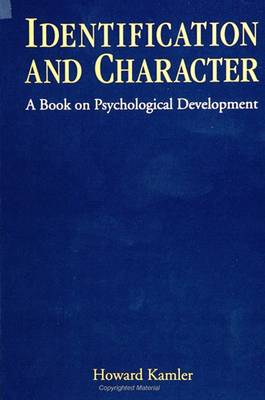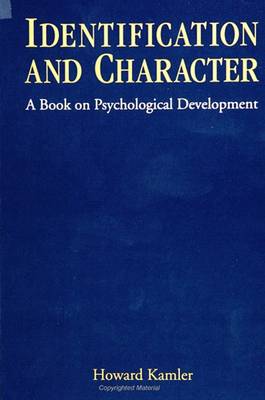
- Afhalen na 1 uur in een winkel met voorraad
- Gratis thuislevering in België vanaf € 30
- Ruim aanbod met 7 miljoen producten
- Afhalen na 1 uur in een winkel met voorraad
- Gratis thuislevering in België vanaf € 30
- Ruim aanbod met 7 miljoen producten
Omschrijving
This book tells the reader all about psychological identification, the single most important process for becoming, maintaining, or changing who we are as characters. The book's emphasis, though, is decidedly on identification's role in our becoming who we are. It is one thing for people to have an image of who they are or of who they would like to be, it is quite another for them to actually become that image. Through genuinely identifying with these sorts of things, we turn what otherwise would be mere mental pictures of traits into character traits that we psychologically own.
Readable to laypersons as well as to academicians, this book offers a new perspective for understanding the formation and nature of human character. Kamler also discusses some important issues in psychoanalysis and philosophy. He clarifies the current psychoanalytic debate about identification's place among the primitive processes of self development; offers new ways of looking at the relationship between the infant self and the adult character; and addresses topics such as personal identity and identity crisis. In addition, the book speaks to a current philosophical debate about the fundamental nature of self, offering the author's own thesis and showing how all the protagonists in the discussion share a basically flawed position about the role that having values plays in our being persons.
Specificaties
Betrokkenen
- Auteur(s):
- Uitgeverij:
Inhoud
- Aantal bladzijden:
- 350
- Taal:
- Engels
- Reeks:
Eigenschappen
- Productcode (EAN):
- 9780791422120
- Verschijningsdatum:
- 22/11/1994
- Uitvoering:
- Paperback
- Formaat:
- Trade paperback (VS)
- Afmetingen:
- 150 mm x 228 mm
- Gewicht:
- 485 g

Alleen bij Standaard Boekhandel
Beoordelingen
We publiceren alleen reviews die voldoen aan de voorwaarden voor reviews. Bekijk onze voorwaarden voor reviews.









